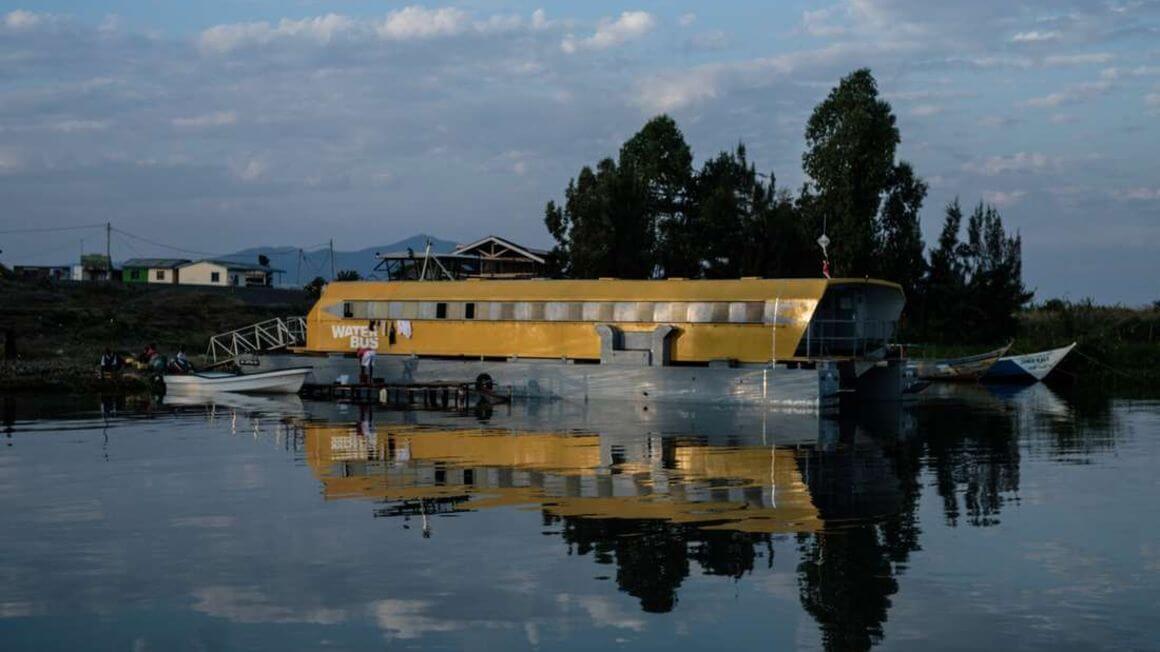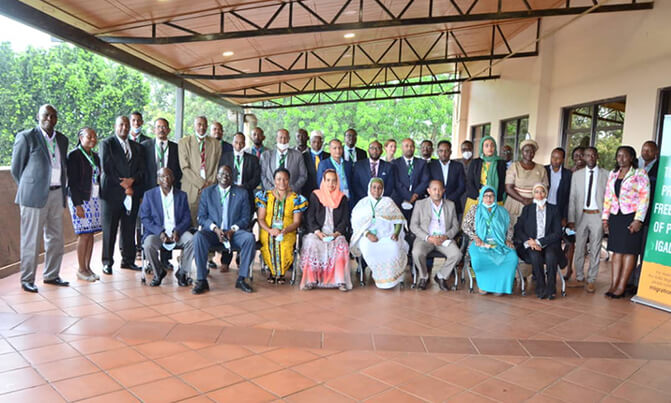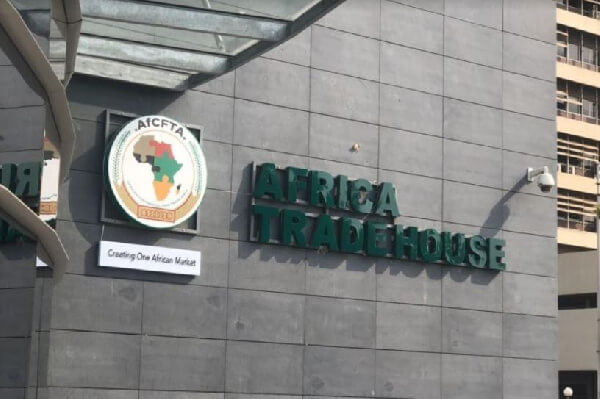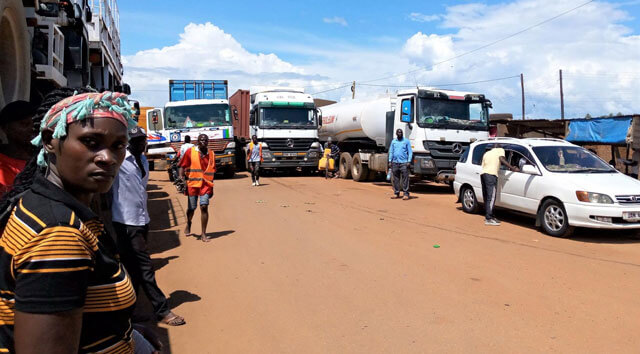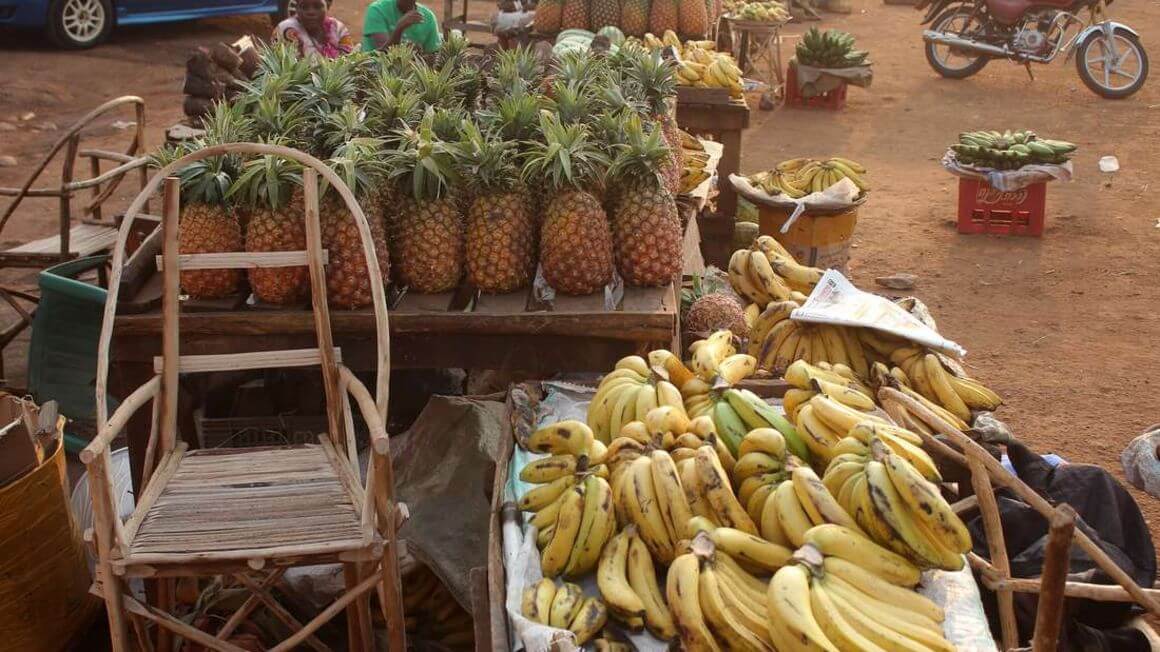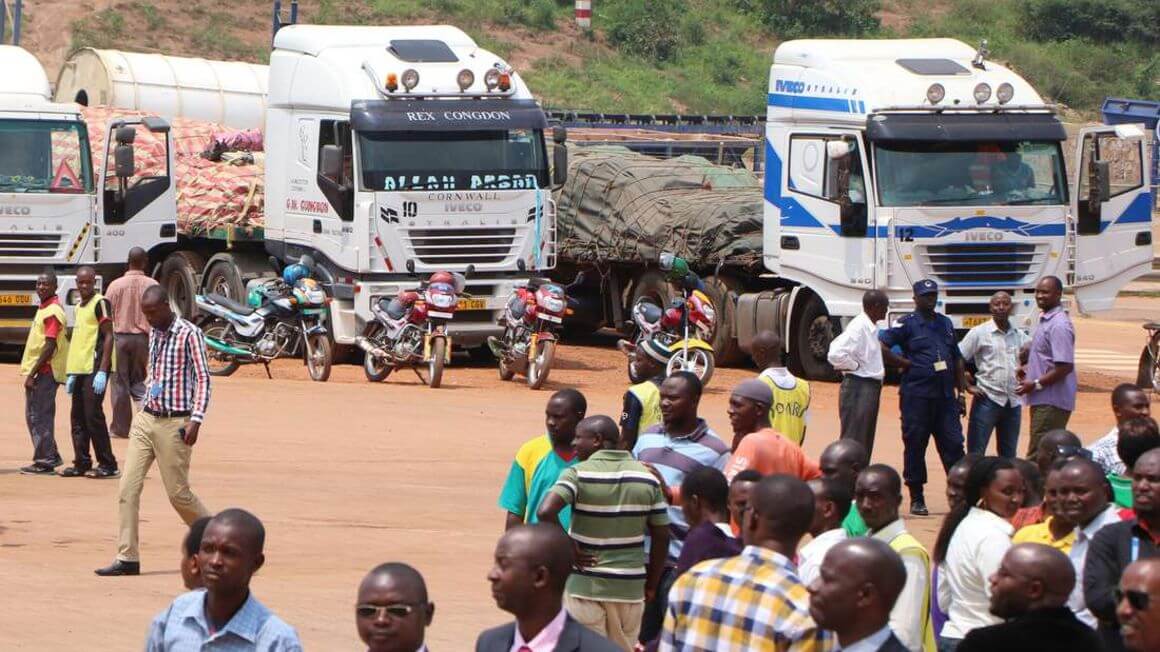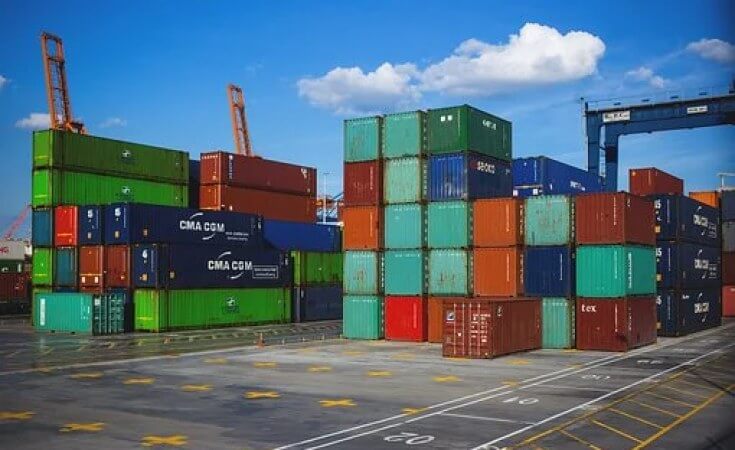Summary Kenya, Tanzania and Uganda are seeking to revive connected ports and maritime operations on these shared waters to enhance integration and grow trade by offering cheaper transport across borders. The development of Lake Victoria ports is the biggest project in implementing the East African Community Inland Waterway Transport infrastructure development agreed by partner states to strategically link Uganda, Tanzania and Kenya to both the Northern and Central transport corridors. The three countries are seeking to revive connected ports and maritime operations on these shared waters to enhance integration and grow trade by offering cheaper transport across borders. The Tanzanian ports of Mwanza, Musoma and Bukoba are so far up and running and the busiest on the lake, while the Kisumu port in Kenya was rehabilitated this year as Uganda struggles to build the Bukasa port to complement services offered at Port Bell. The revival of the Kisumu port started as a quid pro quo for the Kenyan opposition leader Raila Odinga in March 2018, for making peace with President Uhuru Kenyatta after the contested 2017 polls. The port has always been part of the larger East African Community development plans as Kenya, Uganda and Tanzania revive the neglected and underdeveloped Lake Victoria transport infrastructure with a potential of generating $60 billion worth of trade annually, but currently only realises $6 billion for the three countries combined. Kenya pumped $7 million into the construction of a fuel jetty, feeder jetties and piers, shunting areas, berths, a terminal and yards, with administrative and...
Lake Victoria: East Africa sitting on untapped trade worth $60b
Posted on: November 25, 2020
Posted on: November 25, 2020

